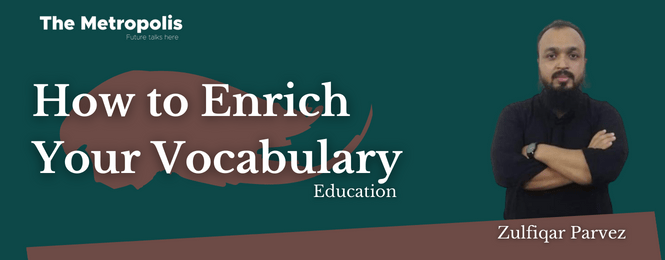My students do ask me a lot of questions both in and outside the class. One I have faced on many occasions is how they can enrich their vocabulary. The only answer I can come up with is read as much and as often as you can.
Reading, I believe, has a twofold advantage. While reading a particular novel, a poem, an essay, or an article, the words you know the meanings of indicate they have always been part of your passive vocabulary. A clarification might be needed here. Vocabulary is divided into two categories. Those we can use ourselves are part of our active vocabulary, and those we understand form what we may call our passive vocabulary.
We certainly understand a lot more of the words than we can use ourselves. When we read a text, we get to check our passive vocabulary, part of which might be lost if we are not used to reading at all.
Words we are unfamiliar with can be familiar, and their application is learned as we see them in a particular context. Words are pivotal. This is something that Shakespeare conveyed centuries ago in the play “Hamlet.” In a scene from “Hamlet,” Hamlet is seen reading a book sitting on a shelf in the royal library while trying to create an impression of having gone mad. Polonius, father to Ophelia, comes in and finds him thus, and asks, “My lord, what are you reading?” Hamlet comes up with a famous reply, “Words, words, words.” It is words that are at the nadir in the hierarchy of the elements in a language but have the most vital role to play.
From words, we have sentences, from sentences paragraphs, and from paragraphs we have an essay or any bigger piece of composition. So vow to read. Begin from today. Even if we look at the Holy Quran, the first utterance made by Zibril Amin was “Iqra,” interpreted as “Read.” Of all the creatures, man is the only one to have been ordered to read.
Zulfiqar Parvez is Head of English at Tanzimul Ummah International Tahfiz School.



